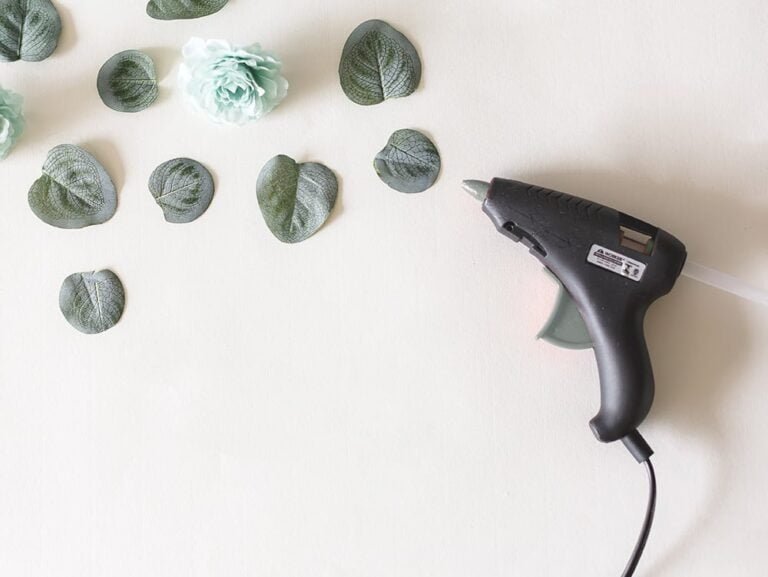le jeu n’en vaut pas la chandelle
“Le jeu n’en vaut pas la chandelle” is a French saying that means “it isn’t worth it.” Literally it means “the game isn’t worth the candle.” Equivalent English expressions include “it isn’t worth breaking your neck over” and even (in the UK) “the game isn’t worth the candle.”
This idiom dates back to the 16th century. The “game” it refers to was usually a gambling game of cards or dice, not the video games or board games of the present era. In the 16th century, candles were a luxury and were the only form of lighting available at night. There were no electric lights or even gas lamps.
In modest places, people would leave a small amount of money to help pay for part of the expensive candle used to illuminate the gaming table. If the host hadn’t won enough money from the game itself, he might mutter that “the game isn’t worth the candle,” since he made a net loss from the evening.






